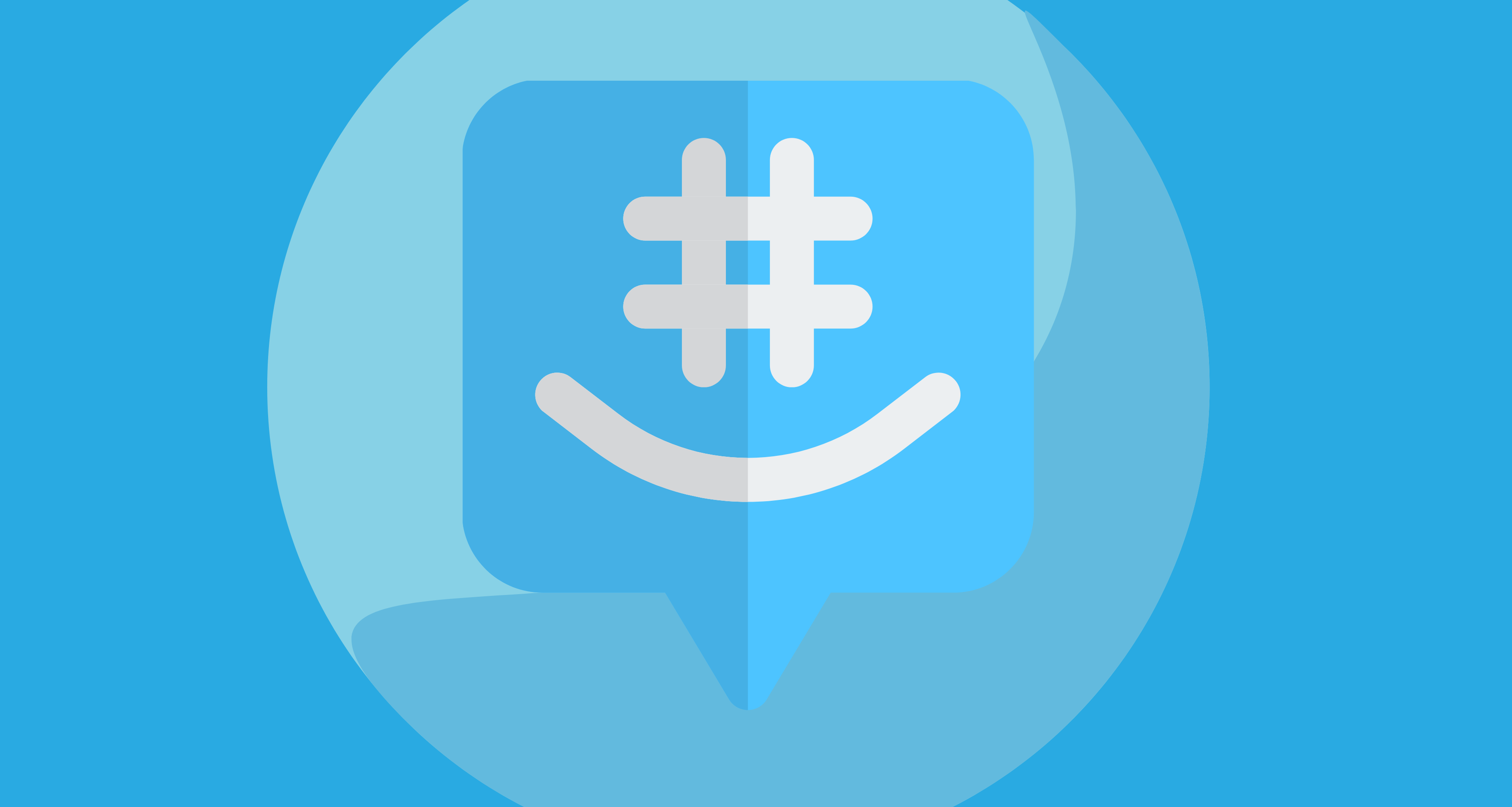
GroupMe is a widely used messaging app that allows users to create groups and send messages, photos, and videos. It is famous for its ease of use and simplicity. However, when it comes to sharing Protected Health Information (PHI) in a healthcare setting, there are specific requirements that need to be met for compliance with the Health Insurance Portability and Accountability Act (HIPAA). We will explore whether GroupMe is HIPAA compliant and discuss alternative solutions for secure communication in healthcare settings.
Access Controls: A Key Component of HIPAA Compliance
One of the main criteria for HIPAA compliance is the implementation of robust access controls to protect PHI. Access controls ensure that only authorized individuals have access to patient information and prevent unauthorized use or disclosure. When assessing the HIPAA compliance of any messaging app, it is crucial to evaluate its access control features.
Unfortunately, GroupMe falls short in this aspect. While it does offer some basic privacy settings, such as password protection for group creation, it lacks more advanced security measures like role-based access control or two-factor authentication. These additional features are essential for ensuring that only authorized personnel can view patient information stored within the app.
Data Storage Practices: An Important Consideration
Another critical factor when evaluating the HIPAA compliance of any messaging app is how it handles data storage. HIPAA requires that all electronic PHI be securely stored and protected from unauthorized access or disclosure.
The company does not explicitly outline GroupMe’s data storage practices. This lack of transparency raises concerns regarding whether user data is stored and how it is protected. Without clear information on data storage practices, healthcare professionals cannot confidently utilize GroupMe for sharing sensitive patient information without risking a potential violation of HIPAA regulations.
Signed Business Associate Agreements: Ensuring Compliance
To ensure HIPAA compliance when using a third-party service like GroupMe, healthcare organizations must have signed a Business Associate Agreement (BAA). A BAA is a legally binding contract that establishes the responsibilities and obligations of both parties regarding PHI protection.
Unfortunately, GroupMe does not provide a signed BAA to healthcare organizations. This means that if any PHI is shared within the app, it would be done so without the necessary legal protections. Without a signed BAA, healthcare professionals risk violating HIPAA regulations and facing severe consequences for unauthorized disclosure of patient information.
Alternative Solutions for Secure Communication: Weighing Your Options
While GroupMe may not meet the requirements for HIPAA compliance, alternative messaging platforms are available that cater specifically to the healthcare industry. These solutions prioritize privacy and security and offer features tailored to meet HIPAA regulations.
One such platform is TigerConnect, which offers secure messaging for healthcare professionals. It provides end-to-end encryption, role-based access controls, message recall functionality, and secure file-sharing capabilities. Additionally, TigerConnect offers signed BAAs to ensure compliance with HIPAA regulations and protect sensitive patient data.
Another option is Signal, an encrypted messaging app known for its strong privacy and security features. Signal utilizes advanced encryption protocols to ensure messages remain private and protected from unauthorized access. While Signal does not explicitly offer BAAs, its robust encryption measures make it suitable for secure communication within healthcare settings.
All in all, while GroupMe is a popular messaging app due to its ease of use and simplicity, it does not meet the specific requirements for HIPAA compliance out-of-the-box. Its lack of end-to-end encryption, unclear data storage practices, and absence of business associate agreements make it unsuitable for sharing PHI in a healthcare setting.
However, there are alternative solutions available that cater specifically to the healthcare industry, offering secure messaging, strong encryption measures, and compliance with HIPAA regulations. It is crucial for healthcare professionals to choose a platform that prioritizes the privacy and security of patient information to ensure HIPAA compliance and protect sensitive data.










